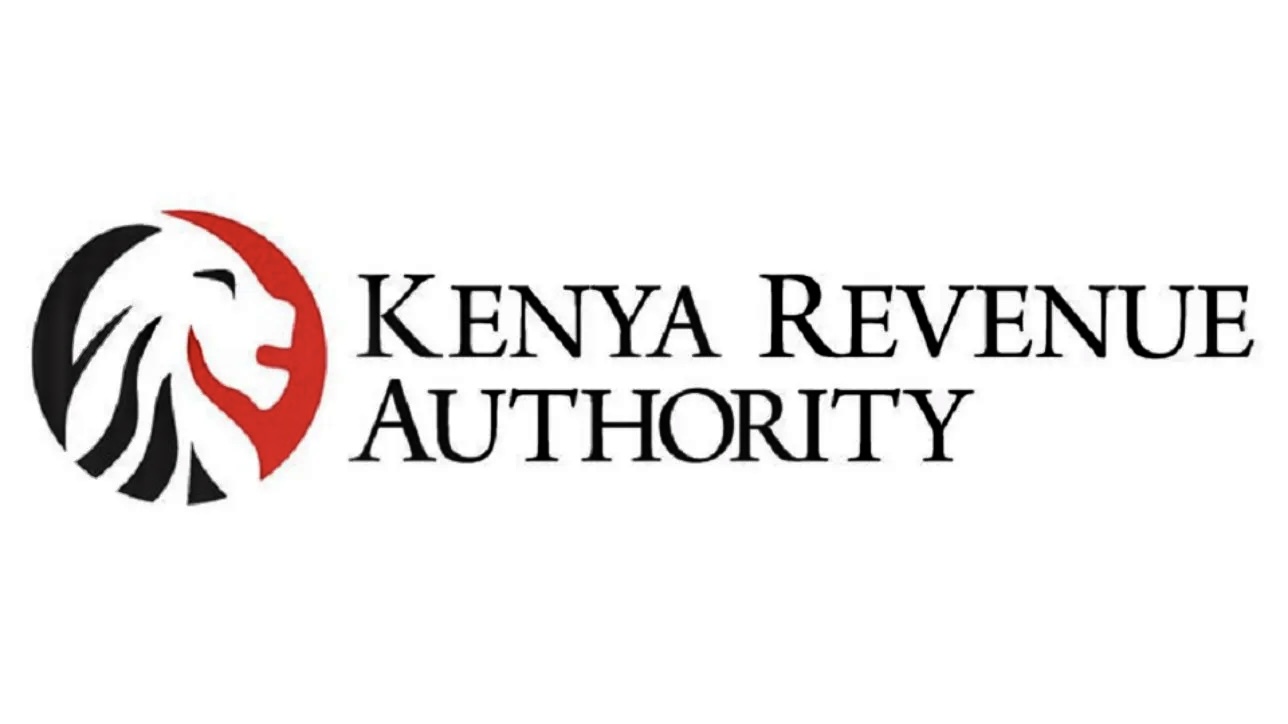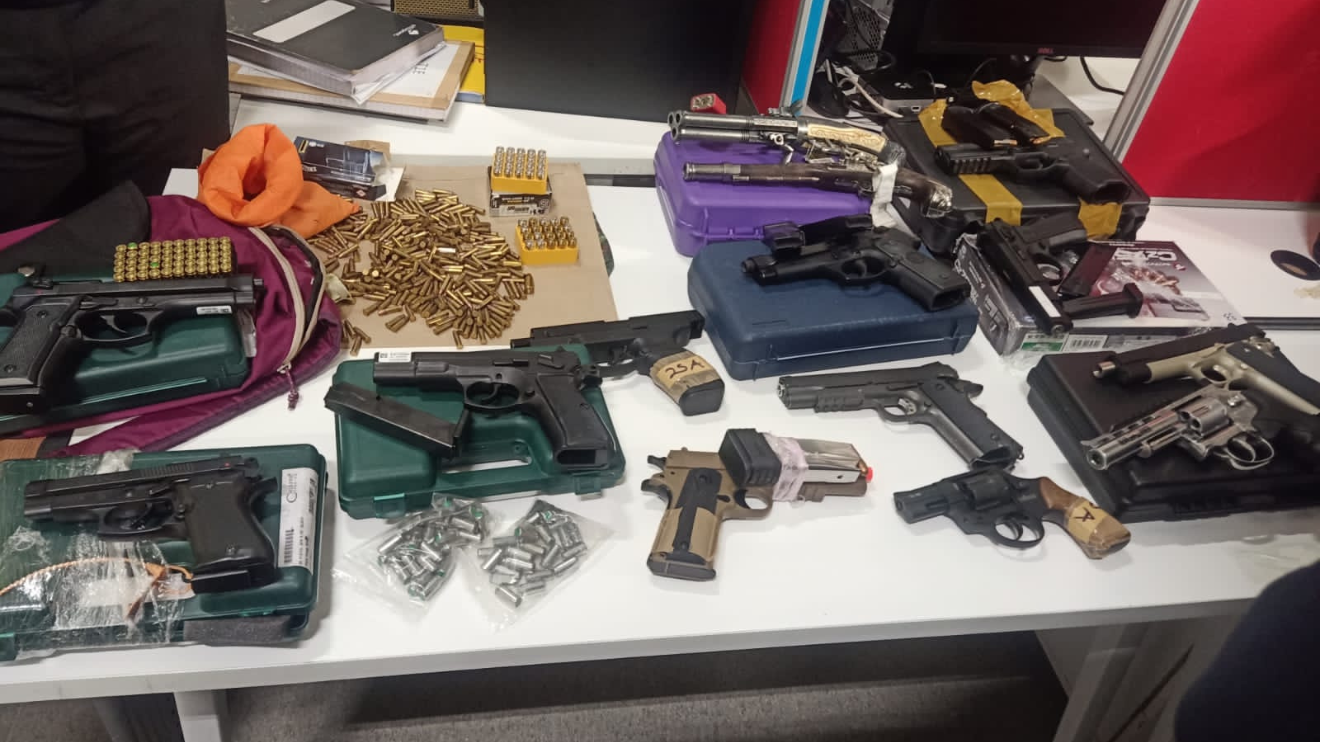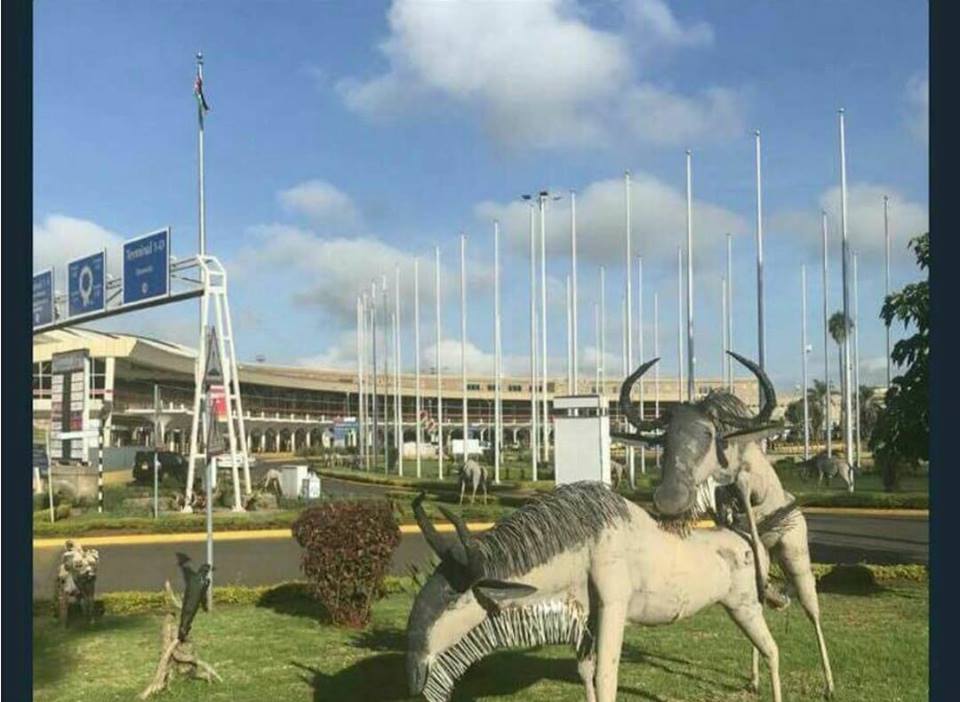The Kenya Revenue Authority (KRA) has established new regulations requiring travelers entering Kenya from international destinations to declare personal items valued at $500 (approximately Sh75,000) or more. This declaration requirement applies to a wide range of items, including:
- Items purchased and carried upon returning to Kenya
- Inherited items acquired abroad
- Items purchased at duty-free shops, on ships, or on airplanes in excess of the permitted limits
- Repairs or alterations made to items taken abroad and subsequently brought back, even if the services were provided free of charge
- Items brought for others, including gifts
- Items intended for personal or business use, including business items taken out of Kenya on the trip
- Currency exceeding $10,000 or its equivalent must be declared at customs upon arrival
According to KRA, travelers must provide the actual purchase price of each item on the Passenger Declaration Form, expressed in US dollars. “The price should include all taxes. If you are unsure, estimate the value. If you did not personally purchase the item, such as if it is a gift, estimate its fair retail value in the country where you received it,” KRA stated.
KRA emphasized that even if an item was used during the trip, it remains subject to customs duty. “You must declare the item at the price you paid or, if it was a gift, at its fair market value,” the authority clarified.
Following an outcry from Kenyans over the implementation of the East African Community Customs Management Act of 2004, which mandates travelers entering Kenya to pay customs duty on personal goods, government spokesperson Isaac Mwaura announced last week that the Kenya Revenue Authority will review the $500 tax on personal items. The tax is mandated under the East African Community Customs Management Act, and any revision would require consultation with other EAC member states.
In comparison, South Africa allows goods valued up to 5,000 rands (approximately $271 or Sh41,101), while Nigeria’s limit is $63.49 (Sh9,593).



